Ohanaeze Ndigbo, the apex Igbo socio-cultural organisation, has strongly rejected former Head of State General Yakubu Gowon’s recent claim that the Nigerian Civil War (1967–1970) was not an anti-Igbo campaign but a bid to preserve national unity.
Gowon, in a recent interview with Arise News, reiterated that the war was a necessary response to secession by Biafran forces and not an act targeted at the Igbo ethnic group. He also blamed the collapse of the 1967 Aburi Accord on the late Biafran leader, Odumegwu Ojukwu.
Join our WhatsApp ChannelHowever, Ohanaeze described Gowon’s comments as a “distortion of painful historical truths” and “an affront to the collective memory of the Igbo.”
In a strongly worded statement signed by its Deputy President-General, Mazi Okechukwu Isiguzoro, the group accused Gowon of being used by British colonial interests and northern oligarchs to prosecute what it described as “a genocidal war against the Igbo.”
“General Gowon remains a pawn in the hands of colonial powers and the Fulani oligarchy. His attempt to whitewash history cannot erase the truth of the atrocities committed during the war,” Ohanaeze stated.
The group also criticised Gowon for allegedly abandoning the Aburi Accord, a peace agreement brokered in Ghana in 1967 that many believe could have averted war. Ohanaeze insists that the federal government’s failure to honour the agreement was a key trigger for the conflict.
READ ALSO: Gowon’s Civil War Remarks Spark Outrage As Senator Umeh Demands Apology
Citing the humanitarian crisis and atrocities such as the Asaba massacre, the group accused the Gowon-led military government of war crimes and demanded a public apology and national reckoning.
“The war was not about unity. It was about suppressing a people, seizing resources, and enforcing control. Over three million Igbos died, mostly civilians, and their memories demand truth and justice, not revisionism,” Isiguzoro added.
The group further urged the 91-year-old former Nigerian leader to take advantage of what it called a “final window of opportunity” to: Confess his role in the war, apologize for the federal government’s actions, and disclose external influences on wartime decisions.
The group also urged Gowon to support efforts aimed at achieving lasting reconciliation and reparations for the Igbo.
Failure to do so, they warned, would leave Gowon’s legacy “tainted by silence and denial.”
The exchange has reignited public debate over Nigeria’s civil war legacy, with many questioning whether genuine national healing can occur without formal acknowledgement of the injustices suffered by the Igbo people.
Amanze Chinonye is a Staff Correspondent at Prime Business Africa, a rising star in the literary world, weaving captivating stories that transport readers to the vibrant landscapes of Nigeria and the rest of Africa. With a unique voice that blends with the newspaper's tradition and style, Chinonye's writing is a masterful exploration of the human condition, delving into themes of identity, culture, and social justice. Through her words, Chinonye paints vivid portraits of everyday African life, from the bustling markets of Nigeria's Lagos to the quiet villages of South Africa's countryside . With a keen eye for detail and a deep understanding of the complexities of Nigerian society, Chinonye's writing is both a testament to the country's rich cultural heritage and a powerful call to action for a brighter future. As a writer, Chinonye is a true storyteller, using her dexterity to educate, inspire, and uplift readers around the world.




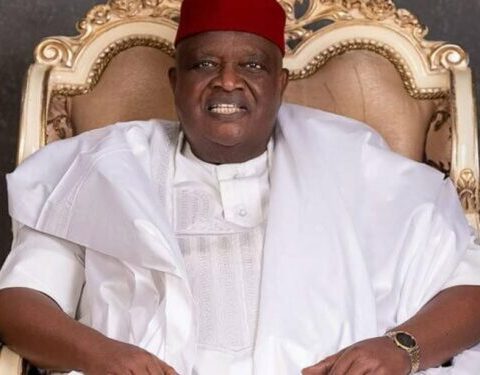


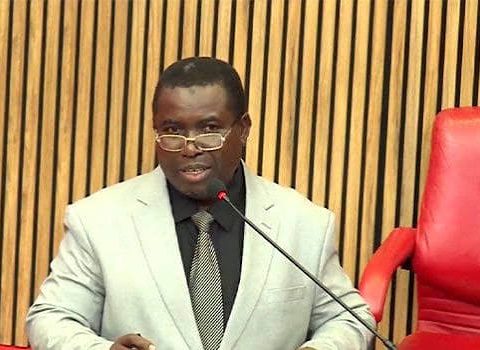
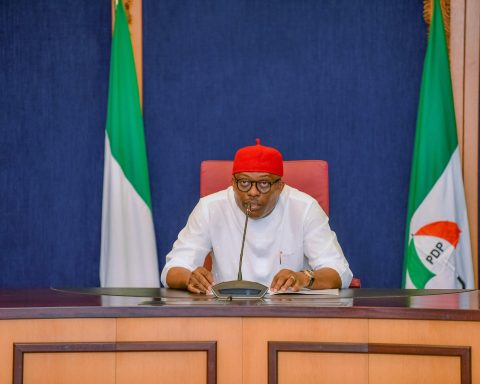
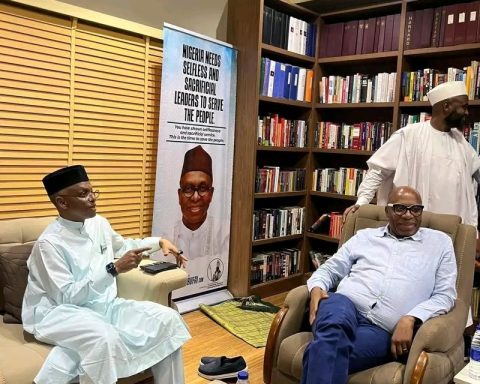
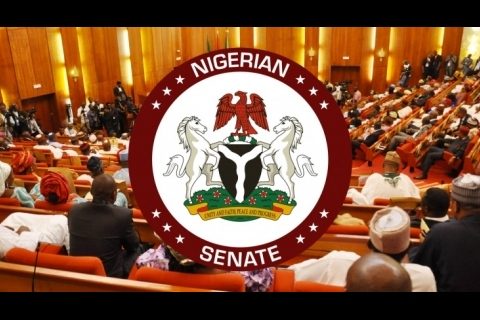
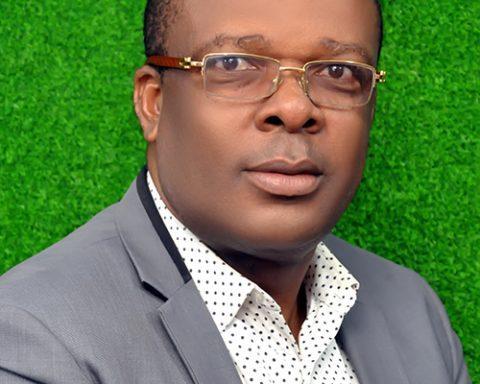

![Electricity Debt: Abuja DisCo Gives Final Disconnection Notice To 25 Govt Agencies [Full List]](https://www.primebusiness.africa/wp-content/uploads/2024/06/Abuja-Electricity-pole-150x150.jpg)